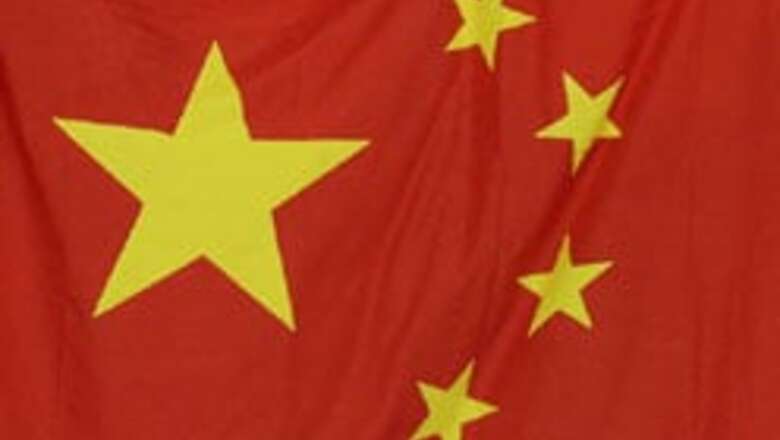
views
Beijing: China expressed "deep regret" Thursday over a US decision to punish a Macau bank for allegedly helping North Korea launder money, foreshadowing the difficulties of enforcing an international agreement on the North's nuclear disarmament.
Washington promised to resolve its blacklisting of the tiny Banco Delta Asia and the freezing of $24 million in North Korean deposits as an inducement to Pyongyang to disarm.
The US Treasury Department's decision Wednesday ordering US banks to sever ties with Banco Delta Asia appeared to fall short of expectations.
"We feel deep regret for the ruling by the US," Chinese Foreign Ministry spokesman Qin Gang said at a routine media briefing.
Qin did not explicitly say why China was displeased. He suggested that the US move could affect North Korea's disarmament, as well as the reputation of Macau, a semiautonomous territory under Chinese rule.
North Korea has yet to respond publicly to the US Treasury's decision.
The US move and China's comments come as the disarmament process is trying to find its feet.
PAGE_BREAK
The agreement reached by North Korea, the United States, China, Russia, Japan and
South Korea requires Pyongyang to shut down its main nuclear reactor and processing facility and allow in UN inspectors for verification by April 14.
The top US nuclear envoy said Thursday that he did not think a US decision to punish Banco Delta Asia would have a negative impact on the disarmament talks.
"They want to make sure that Macau's reputation is intact, so I am not surprised," Assistant Secretary of State Christopher Hill told reporters, adding "no, no, nope," when asked if the decision to punish Banco Delta Asia would have a negative impact on the talks.
After a one-day consultation in Pyongyang, the chief of the UN's International Atomic Energy Agency, Mohammed ElBaradei, told reporters Wednesday that North Korea was committed to the agreement but was awaiting the lifting of US financial sanctions against Banco Delta Asia. He called the disarmament process "fragile."
Negotiators from the six countries involved in the agreement attempted to push the disarmament process forward Thursday, convening a working group on energy and economic assistance for North Korea in Beijing.
North Korea is supposed to receive a shipment of 50,000 tons of heavy oil by the mid-April deadline and eventually receive assistance worth 20 times more if it fully discloses and dismantles all nuclear programs.
Two other working groups, one on regional security, the other on disarmament, were to meet in the coming days before a full six-way round of discussions on Monday.
South Korean nuclear envoy Chun Yung-woo said the economic assistance talks "are not aimed at reaching any special conclusion, but rather to hear what it is that North Korea wants and what the other countries can do to meet such North Korean requests."
The release of the funds in Banco Delta Asia had been a key request by North Korea. It boycotted the nuclear disarmament talks for more than a year after Washington blacklisted the bank in September 2005.
During that time, Pyongyang's Yongbyon facility continued to process plutonium and North Korea successfully exploded a test nuclear device on October 9.
Washington said Wednesday it would order US banks to sever ties with Banco Delta Asia.
The measure could in fact help the bank by replacing the blanket allegations with a definitive and limited US restriction.
The Treasury Department also is expected to help overseas regulators identify individual account holders' risk of involvement in illicit activities.
This assessment could be used by Macau to release money that has been frozen.
In Macau, the Monetary Authority said in a statement on its Web site that it "expresses its deep regret" that the US listed the bank as a "primary money laundering concern." The government would respond further soon.













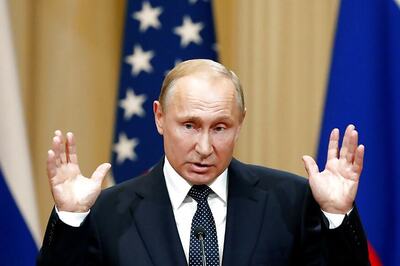
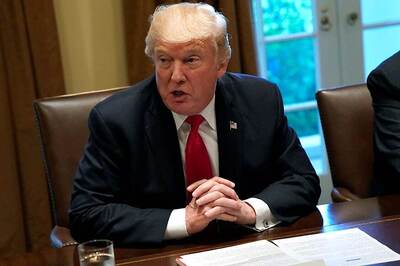
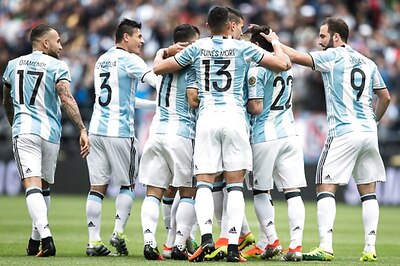
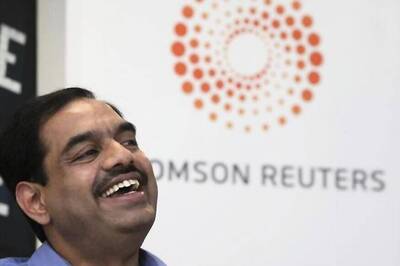
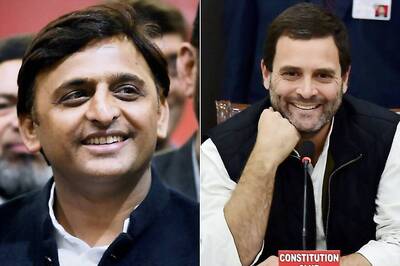


Comments
0 comment